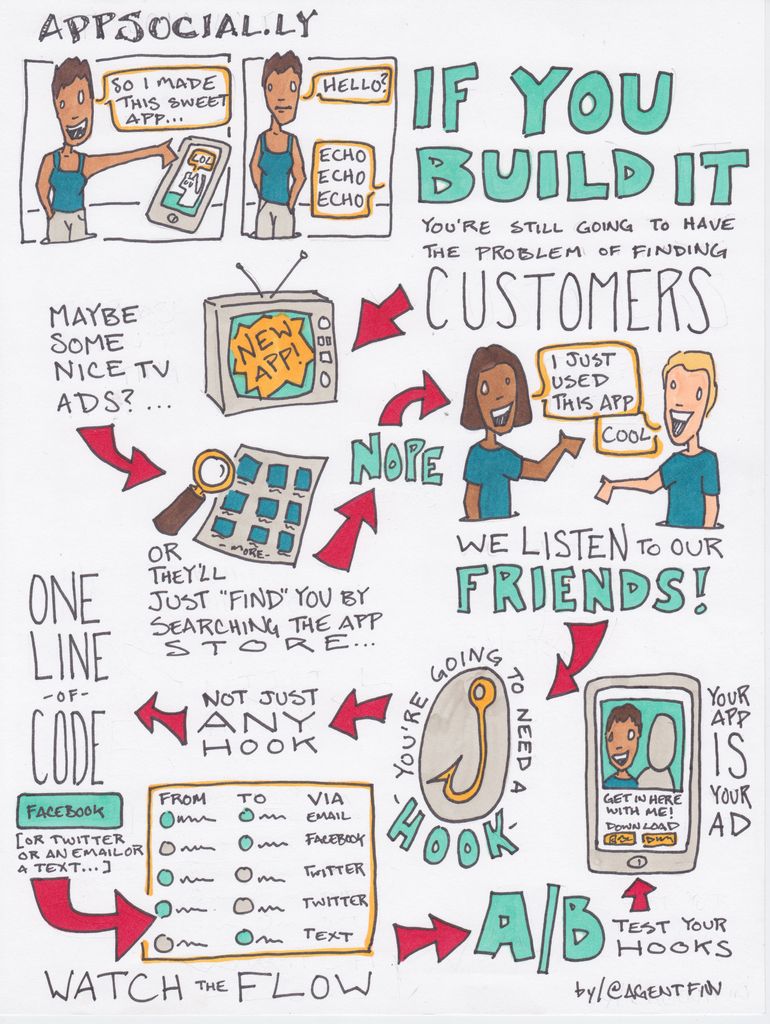Challenges and Remedies in Implementing Drones in Air Traffic Management
Drones in the Skies: A Look at Europe's U-Space and the US's UTM
Welcome to the 21st century's aerial revolution! Drone usage is skyrocketing, and traditional air traffic systems are getting a much-needed facelift. Both Europe and the US are diving headfirst into this tech-driven world, with innovative frameworks to guarantee safety and efficiency as drones take over the skies:
Europe's U-Space Initiative
The European Union's U-Space is like a digital superhighway for drones, making airspace accessible and safe for countless unmanned aerial vehicles. This cutting-edge system thrives on digitalization and automation, ensuring intricate drone operations in tricky environments - like urban areas and near airports - become a piece of cake. EUROCONTROL is leading the charge, supporting member states and industry players to build European airspace ecosystems [1].
U.S.'s Unmanned Aircraft System Traffic Management (UTM)
The United States is all about teamwork, right? So, it's no surprise they've teamed up the Federal Aviation Administration (FAA), NASA, and industry partners to cook up the Unmanned Aircraft System Traffic Management (UTM) system. UTM is a digital ecosystem designed to play nicely with the FAA's Air Traffic Management system [2]. This system is the magic sauce enabling multiple Beyond Visual Line of Sight (BVLOS) drone operations where traditional air traffic services are lacking [3].
Urban Air Mobility (UAM) and Future Developments
Let's talk about Urban Air Mobility (UAM), the buzzword making waves in the urban airspace scene. Picture a world where eVTOL vehicles whizz over skyscrapers, zipping goods and people to their destinations with ease. Companies like Eve Air Mobility are pioneering this frontier, setting their sights on launching eVTOL flying taxis that can reach speeds of 115 mph by 2026 [4]. Welcome to the future, folks - just recharge your air ticket and fasten your seatbelts!
Conclusion
The blend of drones with conventional air traffic will be a rollercoaster ride of regulatory, technological, and infrastructural challenges [5]. But fear not, as Europe's U-Space and the US's UTM are the helping hands we need in this intertwined world. As technology advances and Urban Air Mobility becomes more commonplace, cooperation between regulators, industry stakeholders, and tech juggernauts will be the key to unlocking safety and efficiency in the airspace.
Let's not forget, there's still loads to grapple with. Tune in for our next episode to delve deeper into the complexities of drone integration into national airspace [6]. So stay tuned, and as always - fly safe!
Resources:
- https://www.sesarju.eu/U-space
- https://www.faa.gov/uas/research_development/traffic_management
- https://www.sesarju.eu/news/corus-xuam-partners-completedeconfliction-flight-tests-france
- https://www.easa.europa.eu/en/downloads/124037/en
- https://www.easa.europa.eu/en/downloads/137156/en
- https://www.eurocontrol.int/sites/default/files/2020-11/tim-2020-day-1-corus-hately.pdf
- https://www.faa.gov/uas/resources/by_the_numbers/
- https://www.faa.gov/uas/research_development/
- https://www.faa.gov/uas/unmanned_aircraft_systems/unmanned_aircraft_systems_traffic_management/
- https://www.faa.gov/uas/breeding_labs/
- https://www.nasa.gov/topics/airspace/unmanned/UTM.html
- https://www.nasa.gov/feature/unmanned-aircraft-systems-technical-center
Europe's U-Space initiative and the US's Unmanned Aircraft System Traffic Management (UTM) are both cutting-edge technological frameworks designed to facilitate the safe and efficient operation of unmanned aerial vehicles in increasingly complex airspace environments. These systems embody digitalization and automation, ensuring seamless integration of drone operations with traditional air traffic management systems.




